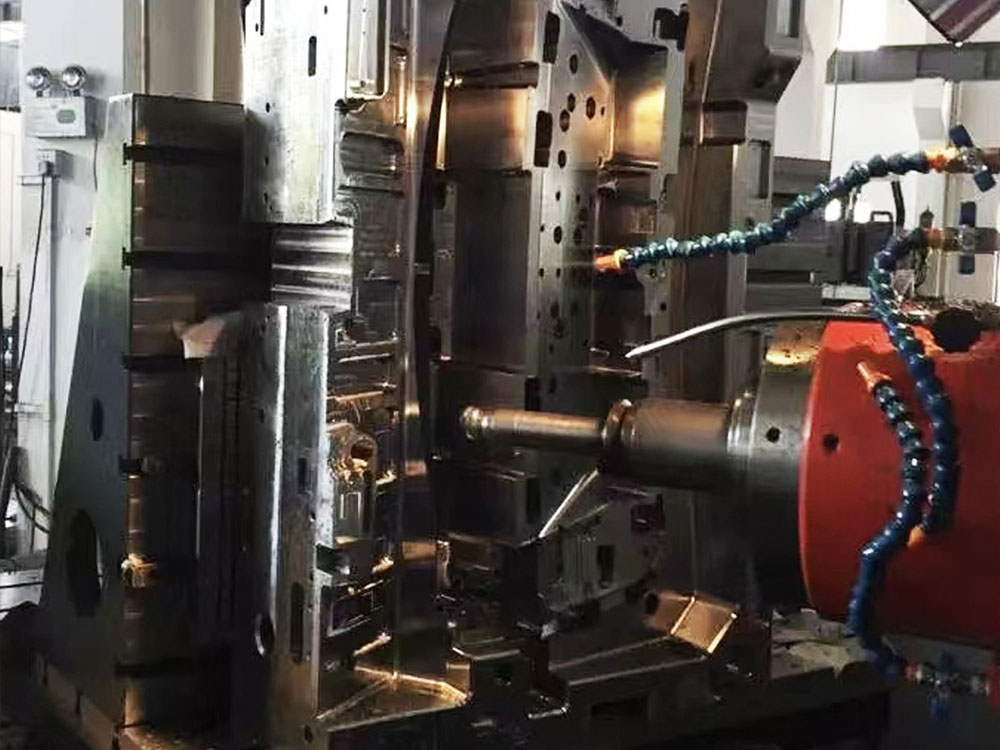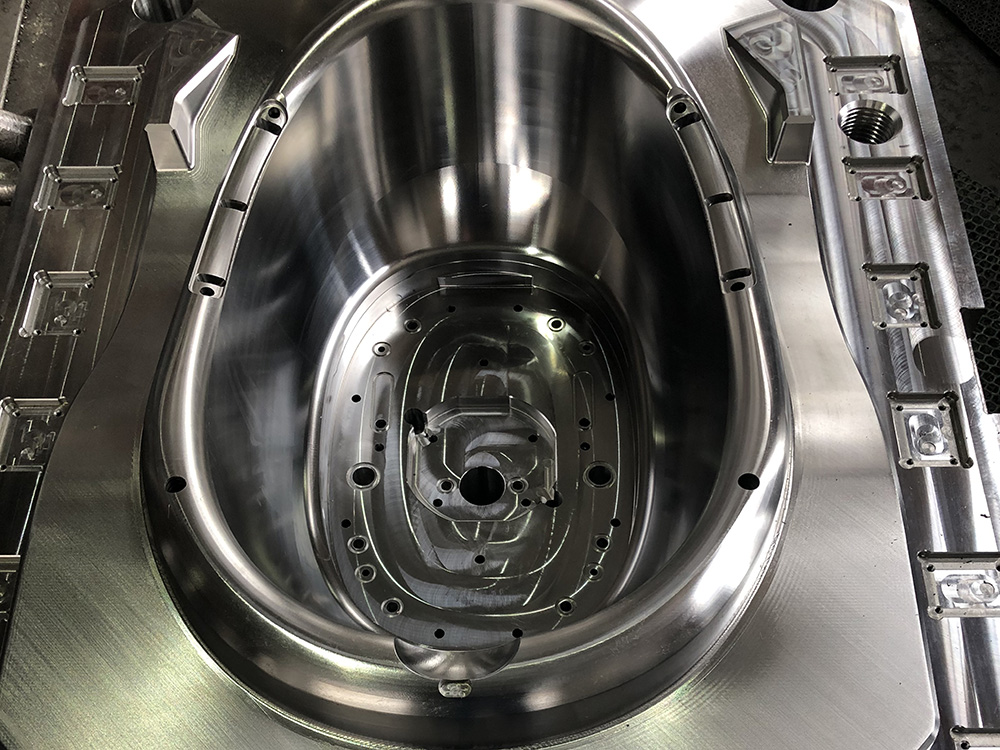The Mold Base Industry and Its Significance in Manufacturing Processes
In the world of manufacturing, the mold base industry plays a crucial role in producing high-quality molds for various applications. These molds are used for the production of parts and components in industries such as automotive, aerospace, electronics, and many more. The quality and efficiency of the mold base are paramount to ensure the success of the molding process.
Mold bases serve as the foundation for the mold, providing support and stability to the entire structure. They are responsible for holding the mold inserts, which define the shape and features of the final product. The modular support system used in mold bases offers flexibility and ease of use, allowing for quick changes and modifications to meet specific requirements.
Understanding the M60 Modular Support System
The M60 modular support system is a popular choice in the mold base industry due to its versatility and reliability. This system consists of several components, including support pillars, guide pillars, and guide bushings. These elements work together to provide precise alignment and support for the mold inserts.
The support pillars are the main load-bearing components of the M60 system. They are placed strategically throughout the mold base to provide stability and prevent deflection during the molding process. These pillars are made from high-strength materials such as steel or aluminum alloy, ensuring durability and longevity.
Guide pillars and guide bushings, on the other hand, play a crucial role in maintaining the alignment of the mold inserts. These components allow for smooth and precise movement of the inserts during the injection or compression molding process. Proper alignment is essential to avoid defects or inconsistencies in the final product.
Benefits of the M60 Modular Support System
The M60 modular support system offers several advantages that make it a preferred choice in the mold base industry. Firstly, its modular design allows for easy assembly and disassembly, reducing downtime during mold changeovers. This feature is particularly beneficial for manufacturers who need to produce different parts with varying specifications.
Secondly, the M60 system provides excellent dimensional accuracy and stability. The precise alignment of the mold inserts ensures consistent part quality, minimizing scrap and rework. This level of accuracy is essential for industries that require tight tolerances and high-quality finishes.
Furthermore, the M60 system offers flexibility in terms of customization. Manufacturers can choose from a wide range of support pillar lengths, guide pillar diameters, and guide bushing options to suit their specific mold requirements. This flexibility allows for greater adaptability and versatility in the manufacturing process.
Considerations for Choosing the Right Mold Base
When selecting a mold base for a specific application, several factors need to be considered. Firstly, the material used for the mold base should be compatible with the molding process and the materials being molded. It should have sufficient strength and heat resistance to withstand the rigorous conditions of the molding process.
Secondly, the design of the mold base should accommodate the required number and size of inserts. It should provide adequate support and stability to prevent dimensional variations and ensure consistent quality. The modular support system, such as the M60, offers flexibility in this aspect, allowing for easy customization and modification.
Lastly, the cost-effectiveness of the mold base should be taken into account. While it is essential to invest in a high-quality mold base, it is also important to consider the overall cost of production. Manufacturers should assess the long-term benefits and savings that a particular mold base can provide.
In Conclusion
The mold base industry plays a vital role in manufacturing processes, providing the foundation and support for molds used in various industries. The M60 modular support system is a highly regarded choice, offering flexibility, precision, and stability. Considerations such as material compatibility, design suitability, and cost-effectiveness should be taken into account when selecting a mold base. By prioritizing the quality and efficiency of the mold base, manufacturers can ensure the success of their molding processes and achieve optimal results in the production of parts and components.




